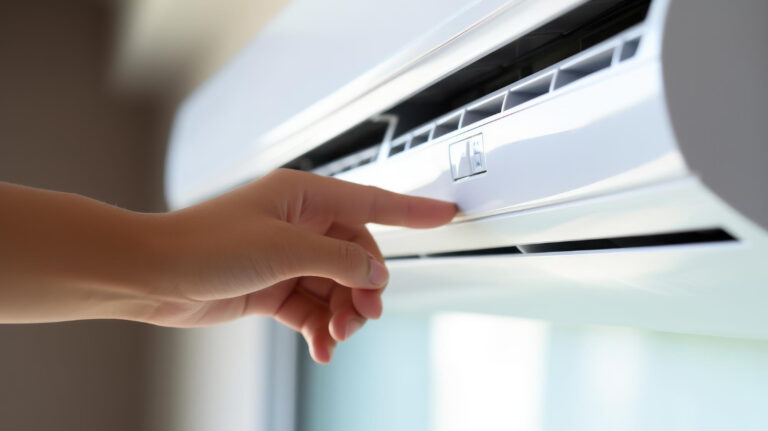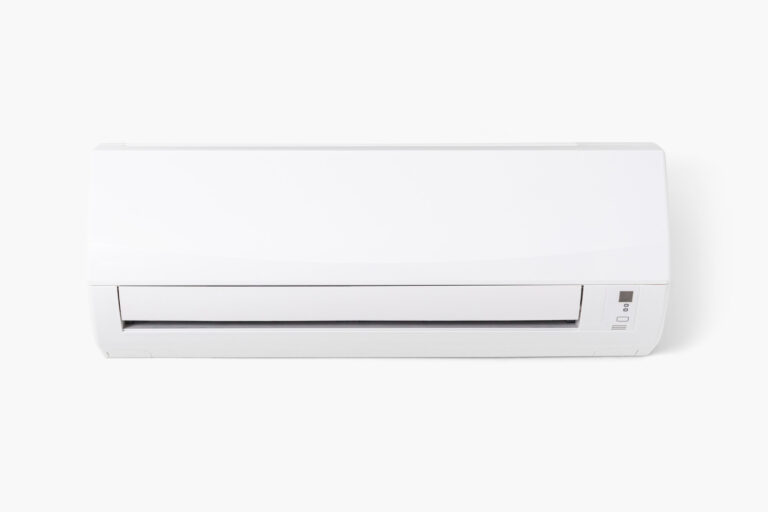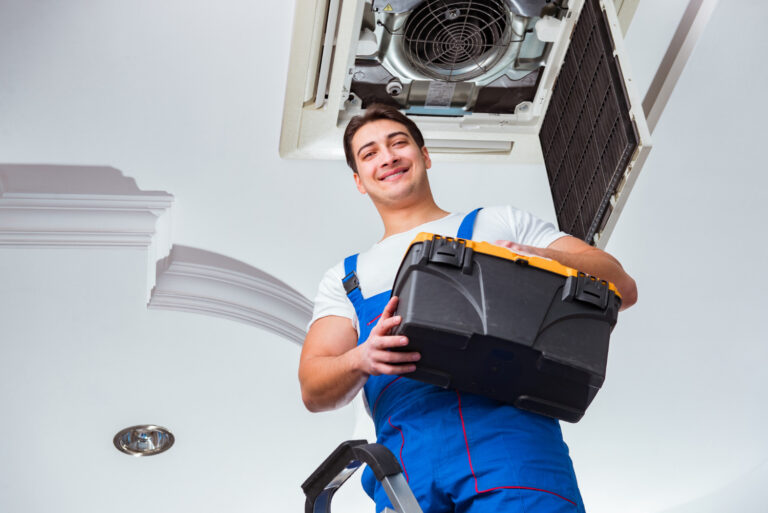Signs Your Home Needs Heating Replacement
Recognizing when your home needs a heating replacement is crucial for maintaining a comfortable and energy-efficient living environment. A reliable heating system keeps your home warm and safe, but over time, even the best systems can lose their effectiveness. Our professionals are skilled at identifying the signs that a heating system needs to be replaced.
1. Decreased Heating Efficiency and Rising Energy Bills
A clear sign that your home might need a heating replacement is decreased efficiency. When your heating system struggles to maintain the desired temperature, it uses more energy to work harder. This leads to an increase in your energy bills. You might notice that your heating bills have been gradually rising, even though your usage remains the same. This inefficiency is a strong indicator that the system is not performing optimally and might need to be replaced.
Several factors could contribute to this loss in efficiency. Over time, components within the heating system wear down and become less effective. This wear and tear result in the system consuming more energy to perform the same task. Additionally, older systems often lack the advanced technology found in modern units, making them inherently less efficient.
By paying close attention to your energy bills and the performance of your heating system, you can identify when it might be time for a new heating installation. Investing in a new, more efficient system can lead to significant savings on your energy bills and provide a more reliable heating solution for your home.
2. Frequent and Costly Repairs
Another major sign that your home may need a heating replacement is the frequency and cost of repairs. If you find yourself frequently calling our professionals for heating repair, it may be a sign that the system is nearing the end of its lifespan. Constantly fixing one issue after another can become costly and frustrating.
When individual components of your heating system start failing regularly, it indicates that the entire system is under stress and may not last much longer. While occasional repairs are expected, consistent breakdowns are a red flag. The cumulative cost of these repairs can quickly add up, often exceeding the price of a new heating system in the long run.
In some cases, parts for older heating systems become harder to find and more expensive to replace. This shortage further increases the cost of repairs. Continuing to invest in a failing system is not always the wisest financial decision.
Instead, consider a heating replacement. Modern systems are designed to be more resilient and require less frequent repairs. By replacing an outdated system, you can avoid the inconvenience and costs associated with constant repairs, ensuring a more reliable heating solution for your home.
3. Uneven Heating and Inconsistent Temperatures
If you notice that different rooms in your home have varying temperatures, it might be time to consider a heating replacement. Uneven heating can make some areas feel too warm while others remain cold. This inconsistency can be frustrating and may indicate your current system is failing.
Several factors can lead to uneven heating. Ductwork issues, a failing blower motor, or an improperly sized system can all contribute to this problem. Our professionals can diagnose these issues, but if repairs don’t solve the problem, a replacement might be necessary.
A new heating installation can provide more reliable and even heating throughout your home. Modern systems are designed to distribute heat more effectively, ensuring all rooms maintain consistent temperatures. This can improve overall comfort and reduce the strain on your heating system.
4. Age and Performance of Your Heating System
The age of your heating system is a significant factor in its performance. Most systems have a lifespan of around 15-20 years. If your system is nearing or surpassing this age range, it might be time to think about a heating replacement.
Older systems tend to be less efficient and more prone to breakdowns. They lack the advanced features found in newer models, which can provide better energy efficiency and more reliable performance. Regular maintenance can extend a system’s lifespan, but it cannot prevent the eventual need for replacement.
When evaluating the performance of your older system, consider the frequency of repairs, heating efficiency, and overall comfort levels in your home. If the system fails to meet these needs, a new installation may be the best solution. Our professionals can help you choose a system that fits your home’s requirements, ensuring optimal performance and efficiency.
Conclusion
Recognizing the signs that your home needs a heating replacement can save you from discomfort and high energy costs. Decreased efficiency, frequent repairs, uneven heating, and the age of your system are key indicators that it might be time for a new heating installation. By addressing these issues promptly, you can ensure your home remains warm and comfortable.
Investing in a new heating system can provide numerous benefits, including improved energy efficiency and more consistent heating. Our professionals are skilled at identifying and addressing the specific needs of your home, ensuring you get the best possible solution.
When you’re ready to explore your options for heating replacement in Bakersfield, trust us at Greer’s Banner Air of Bakersfield, Inc. to deliver top-quality service and expertise. Contact us today to schedule an assessment and take the first step toward a more efficient and reliable heating system.







